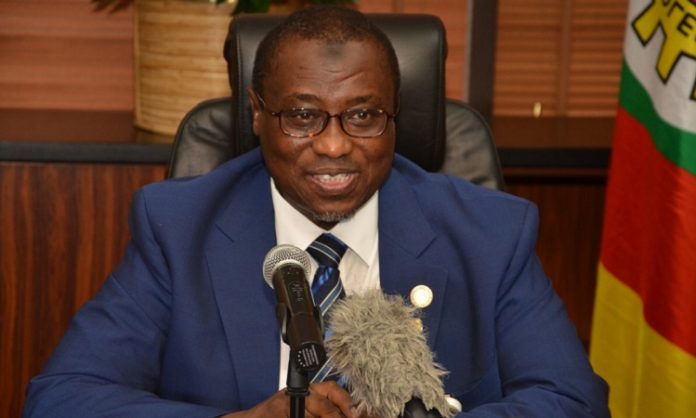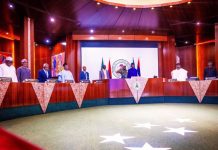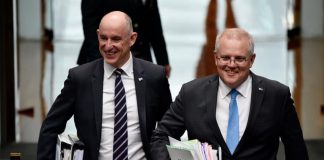The search for ways of increasing the proceeds from the export of Nigeria’s crude oil is being intensified. Stakeholders in Nigeria’s maritime as well as the oil and gas sectors have converged on Abuja, to seek leeway to export Nigerian crude oil in order to attract maximum benefits.
The meeting led by the Ministry of Petroleum Resources, and the Nigerian Maritime Administration and Safety Agency, NIMASA, is expected to fast track the country’s transition from the Free-on-Board (FOB) to Cost, Insurance and Freight (CIF) system of exporting the nation’s oil.
Speaking at the forum, the Minister of State for Petroleum Resources, Dr. Ibe Kachikwu, insisted that Nigeria was in urgent need of improving its oil export. He decried that various attempts in the past to transit from FOB to CIF system of exporting the nation’s crude oil had failed.
The Group Managing Director, Nigerian National Petroleum Corporation, NNPC, Maikanti Baru, however, explained that the Corporation’s preference for FOB was informed by the prevailing security situation, and the need to guarantee steady revenue into the Federation Account. Alhaji Baru stated, “The experiences of Nigerian Airways, and the Nigerian National Shipping Line, both of which had their vessels/aircraft and cargoes confiscated on court orders obtained by creditors is unpleasant to recall.”
He said the NNPC was, however, not unmindful of the value erosion inherent in the FOB sale arrangement, calling for new ideas on the proper mix that could enable collaboration among different stakeholders to guarantee security of revenues.
On his part, the Director General of NIMASA, Dakuku Peterside, said while there was no correct answer to the issue of freight system to adopt, there was a need to be open-minded about possible alternatives that could help in the quest to diversify the economy. He urged participants to be guided by the national interest in their discussion and explore all possible opportunities.


















